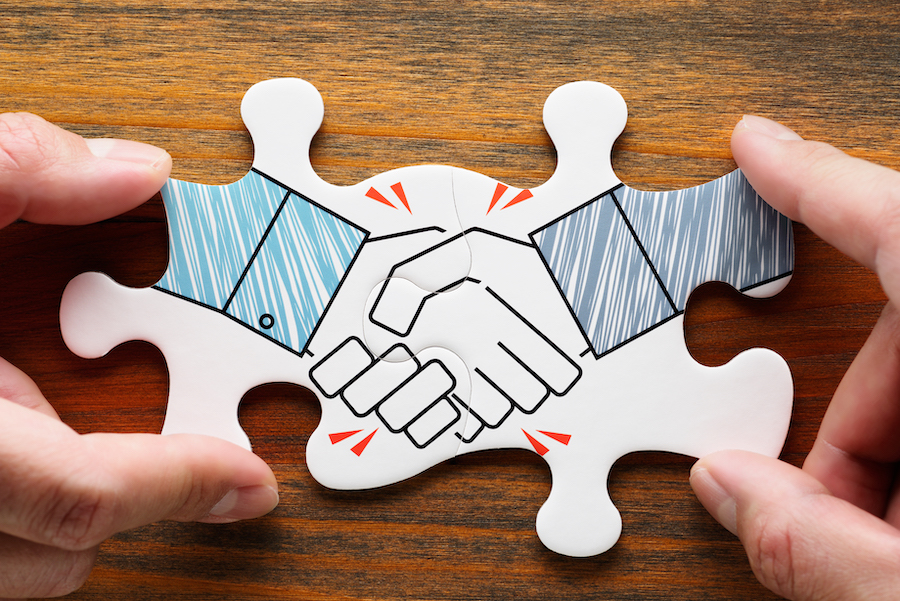Relationship Repair with CAOCL's Dr. Lauren Mackenzie and Kristin Post
Dr. Lauren Mackenzie and Kristin Post from the Center for Advanced Operational Culture Learning (CAOCL) spoke with the Eagles, Globes, and Anchors podcast from the Marine Corps War College (MCWAR) about their article on relationship repair strategies, published in the most recent edition of the Marine Corps University (MCU) Journal.
In the episode, Dr. Mackenzie explains why they focused on relationship repair and not just apologies: “apologies, at least in the English language, can be used for just about anything. You do not have to have a relationship with someone in order to apologize and for it to make sense.” Apologies are one way to repair a relationship, but far from the only way; strategies can also include offering an explanation, showing concern or empathy, or offering compensation.
When asked why it’s important for Marines to learn relationship strategies, Ms. Post stresses that Marines already understand the importance of relationship building. “These Marines get that they already need to have the relationship building part, and they already understand why relationships are important to what they’re doing mission-wise,” she says. “They’ll always say I can do my mission regardless of whether I have a relationship or not, but it makes it easier, and it saves time, and of course Marines are efficient, so these things are good.” Once they have established the importance of relationship building, the concept of relationship repair isn’t as difficult to understand. It’s about maintaining those relationships, and understanding that professional and personal relationships will always encounter situations that require some kind of repair, whether that be an apology or empathy or compensation, or a combination of strategies. Knowing how to then mend that relationship in order to preserve it is a crucial skill.
Another topic discussed was the critical role that culture plays in relationship repair. Dr. Mackenzie offered examples of how expectations often differ between cultures—such as how Americans assume that smiling will make them appear friendly and warm, whereas other cultures may see a person smiling in public and think that they are crazy. These differences in expectations can lead to situations of anger, frustration, confusion. She says that “during an apology, if there is a mismatch between your expectations and reality, we want our readers to consider various factors that could be contributing to their frustration.” Understanding why people may view your actions or expressions differently than how you intend them is an important step in the reparations process after a mistake has been made.
Likewise, the way that Americans apologize is vastly different from apologies in a number of other cultures and languages: “Your frustration could be due to a difference in the kinds of apology components that should be included in an apology for it to be seen as genuine,” explains Dr. Mackenzie. Understanding that these cultural differences exist, and thinking critically about what is expected of them in the event of an apology, can help Marines, and anyone, approach an apology, or another kind of repair strategy, more effectively.
Eagles, Globes, and Anchors is the strategically-minded podcast of the Marine Corps War College, covering the intersection of strategy, security, and warfare. It can be found on Apple Podcasts and on DVIDS.
You can find the article “Relationship Repair Strategies for the Military Professional: The Impact of Cultural Differences on Expectations and Applications,” by Dr. Lauren MacKenzie and Kristin Post, in the Spring 2019 edition of the MCU Journal.
Resources
